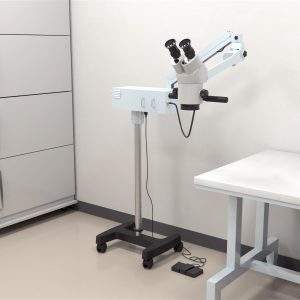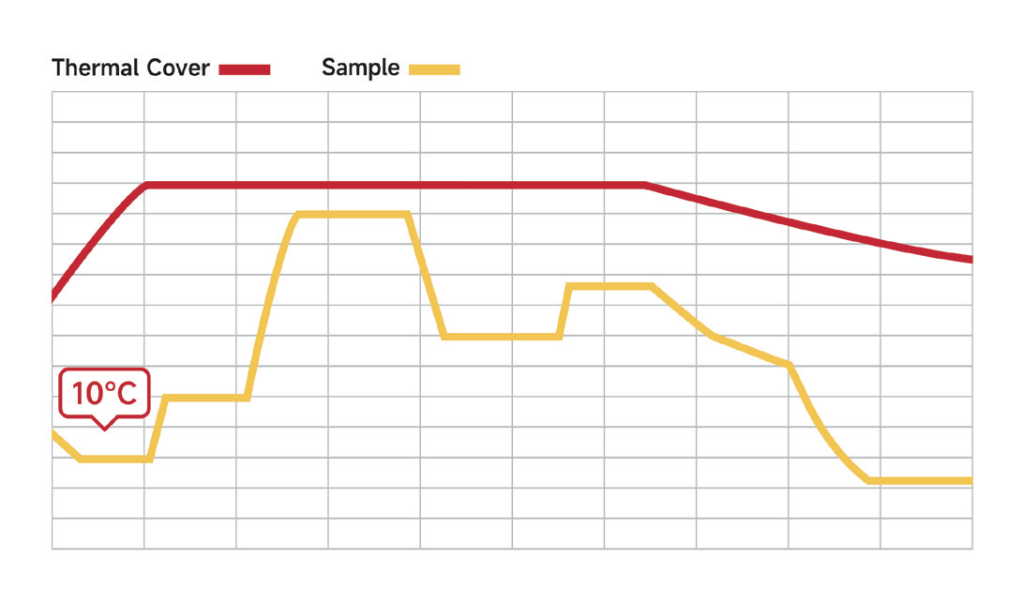$5,900.00
A PCR (Polymerase Chain Reaction) machine is a laboratory device used to amplify DNA sequences, making it possible to create millions of copies from a small DNA sample. This technology is essential in fields like molecular biology, genetics, and medical diagnostics. It is widely used in research laboratories, hospitals, and forensic labs. PCR machines are commonly used by scientists, researchers, and technicians to study genes, detect pathogens, and conduct genetic testing.

Servicebio is a company that specializes in providing high-quality products and services for biomedical research and diagnostics.

bool(false)


bool(false)
The Conduct Science PCR system is designed for efficient and reliable DNA amplification, featuring advanced temperature control and optimization capabilities. The unique tube temperature control mode accelerates sample heating and intelligently suppresses reagent evaporation, particularly in small systems. It also effectively prevents non-specific amplification by maintaining precise temperature control. The system includes a temperature gradient function for optimizing PCR reaction conditions and automatic calibration or chiller replacement prompts to ensure data accuracy. With a file management system offering password protection and a user-friendly touchscreen interface, this PCR system ensures both simplicity and data security.
Model SB-ST-9600 | Remarks |
|---|---|
Module Specification | 0.2 mL×96, Aluminum |
Effective Hole Position | 96 wells (single tube, 8/12-strip tubes, no skirt, half skirt) |
Power Max | 220V~50Hz,600VA |
Dimension L×W×H Max | 437 mm×250 mm×235 mm |
Weight Max | 9.7 kg |
Functions | Remarks |
|---|---|
Operating Functions | PCR parameters editing, viewing, program running, stopping, PCR amplification, hot cover, refrigeration and other functions |
Hot Lid Operating Temperature | Setting 105 ℃, measured deviation is ≤ ±5 ℃. |
Module Refrigeration Temperature | Setting 4 ℃, measured deviation ≤ ±4 ℃ |
What if the small system reagents evaporate after running PCR?
Intelligent temperature control effectively prevents reagent evaporation
Module upgrades can effectively prevent evaporation in
small systems ranging from 5-15 μL.

What to do if the non-specific amplification that often occurs during PCR amplification due to warming or cooling?
Intelligent inhibition of non-specific amplification
Effectively inhibits “non-specific amplification”, reagents are cooled to 10 ℃ when the hot cap is warmed;Refrigerate at 4-8 ℃ at the end of the experiment.

How can PCR reaction conditions be optimized more efficiently?
Intelligent temperature control effectively prevents reagent evaporation
Module upgrades can effectively prevent evaporation in
small systems ranging from 5-15 μL.

| Size | Al models 35mm |
|---|
You must be logged in to post a review.
There are no questions yet. Be the first to ask a question about this product.
Reviews
There are no reviews yet.